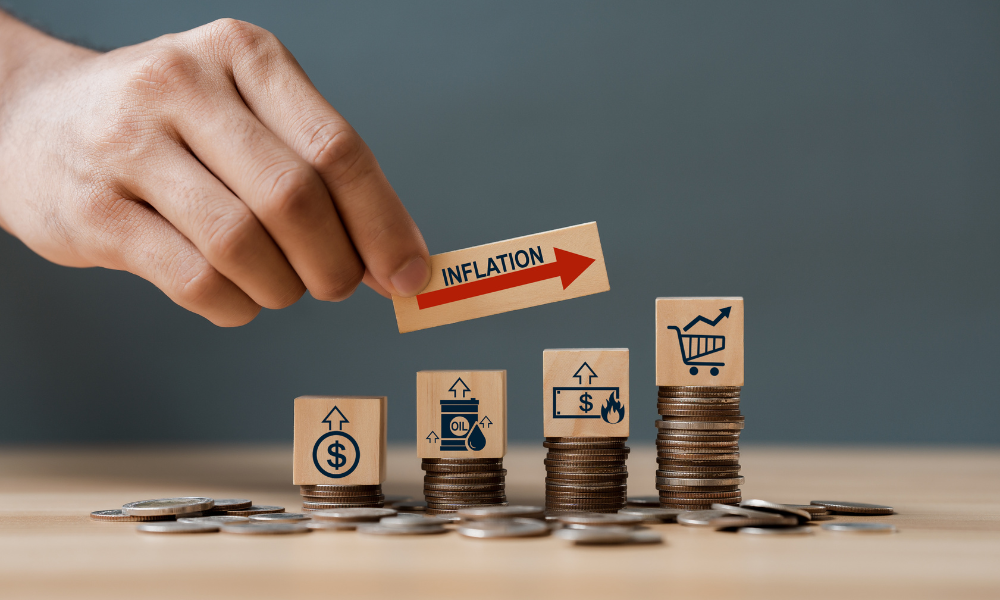Are tougher times ahead?

US consumers are increasingly pessimistic about their financial outlook, even as long-term inflation expectations remain stable, according to the latest Survey of Consumer Expectations from the Federal Reserve Bank of New York.
The survey showed that median expectations for inflation one year from now ticked up to 3.1% in February from 3% in January. However, consumers’ three- and five-year inflation expectations held steady at 3%, suggesting that long-term inflation concerns have not intensified. Bloomberg noted that this stability may offer reassurance to policymakers monitoring inflation expectations amid ongoing economic pressures.
Financial and labor market concerns
Despite stable long-term inflation expectations, US households expressed increased pessimism about their personal finances. The percentage of respondents expecting their financial situation to worsen within the next year rose to 27.4%, the highest level in over a year. Additionally, the perceived likelihood of missing a minimum debt payment in the next three months increased to 14.6%, the highest since April 2020.
Workers also exhibited lower confidence in the job market. The probability of voluntarily quitting a job within the next year fell to 17.6%, its lowest level since mid-2023, signaling less optimism about employment opportunities. Similarly, the perceived likelihood of securing a new job within three months after unemployment declined.
“Households expressed more pessimism about their year-ahead financial situations in February, while unemployment, delinquency and credit access expectations deteriorated notably,” the New York Fed wrote in a statement.
The probability that the unemployment rate will be higher in one year increased to 39.4%, the highest since September 2023. This concern was observed across different demographic groups, including varying age, education, and income levels.
Impact of policy and economic uncertainty
Consumers’ expectations for rising prices extend beyond inflation figures, with households anticipating higher costs for essential goods and services, including gas, food, rent, and medical care.
The survey results come as economic policies under President Donald Trump, including tariffs and immigration restrictions, raise questions about potential price pressures and economic growth. Federal Reserve officials have indicated they may look past tariff-related price increases if long-term inflation expectations remain stable.
Meanwhile, consumer sentiment toward the stock market also declined. The probability that stock prices will be higher in a year fell to its lowest point since December 2023, reflecting broader economic uncertainty.
What do you think about the rising consumer pessimism? Share your thoughts in the comments below.



